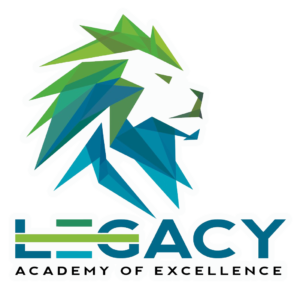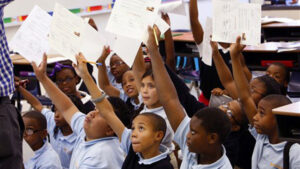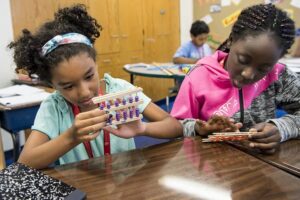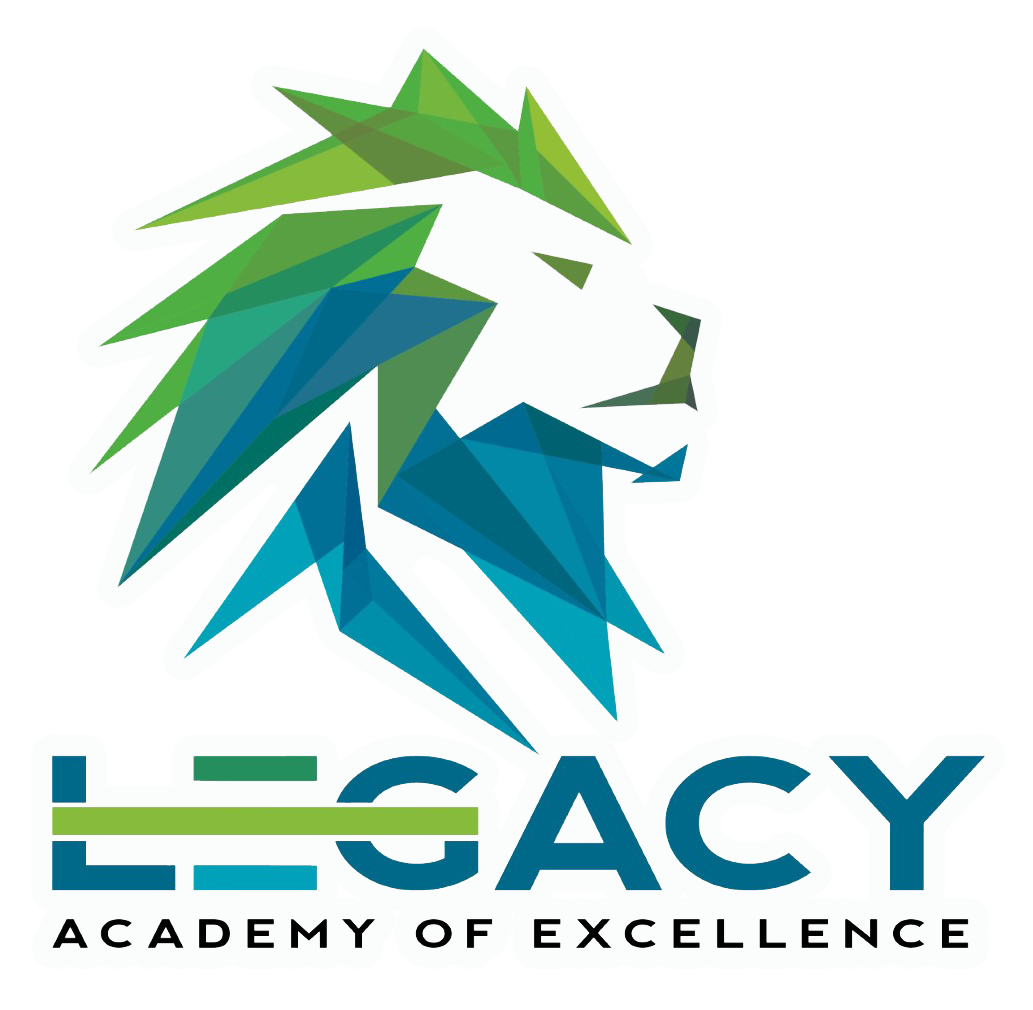 Philosophy
Philosophy
Every child in America, we believe, should have access to a high-quality public school that reflects the full variety of his or her community. After all, in Brown v. Board of Education, our Supreme Court stated the same thing more than 50 years ago. For many pupils in Columbus, Ohio, however, this promise remains unfulfilled. We believe Legacy Academy can assist youngsters in our communities to realize their potential.
To that purpose, we strive for excellence in three interconnected areas:

Diversity
Ohio is one of the country’s most diversified states. It is our job to provide our children with the chance to learn with and from a student population that reflects our broader community in order to best prepare them to be participants and leaders in a 21st-century community and global economy. We accomplish this by attracting a diverse student body, instilling early tolerance, good interaction, and appreciation for many groups, and promoting social justice and diversity principles.
Community
Our schools, we think, are not isolated entities in our communities, but rather an integral component of the larger community. As a result, we place a strong focus on parental involvement in our school community, as well as training our students to be interested in and responsible for their vital responsibilities in society. We assist our kids in forming strong connections between themselves, their families, the city at large, and communities outside their city bounds by integrating the community into our schools and engaging our students in the community around them.
 Achievement
Achievement
We think that every child can discover their own unique genius and reach their maximum educational potential. As a result, we create a rich constructivist curriculum that aims to connect each child’s experiences and lead their learning. We value the creation of a beautifully woven educational tapestry that incorporates music, art, foreign language, physical education, and performance into the fundamentals of English Language Arts, Math, Science, and Social Studies.
Our curriculum is progressive, experiential, and hands-on. Our courses draw on the works of John Dewey, Jean Piaget, Reggio Emilia, Jerome Bruner, and Lev Vygotsky to help children create and deepen concepts through tangible manipulatives and practical learning. Differentiated education is given to students based on their various interests and strengths. We think that by combining high academic standards with a research-based constructivist curriculum, our students will be able to reach their full potential while also charting several paths to lifelong learning.
